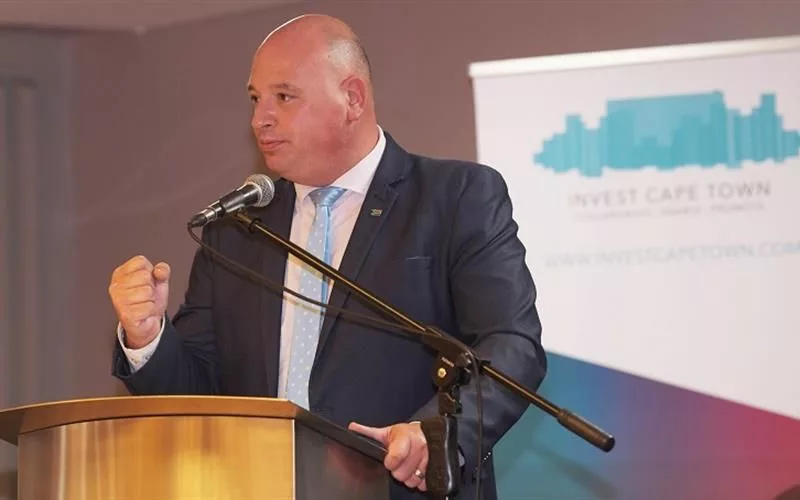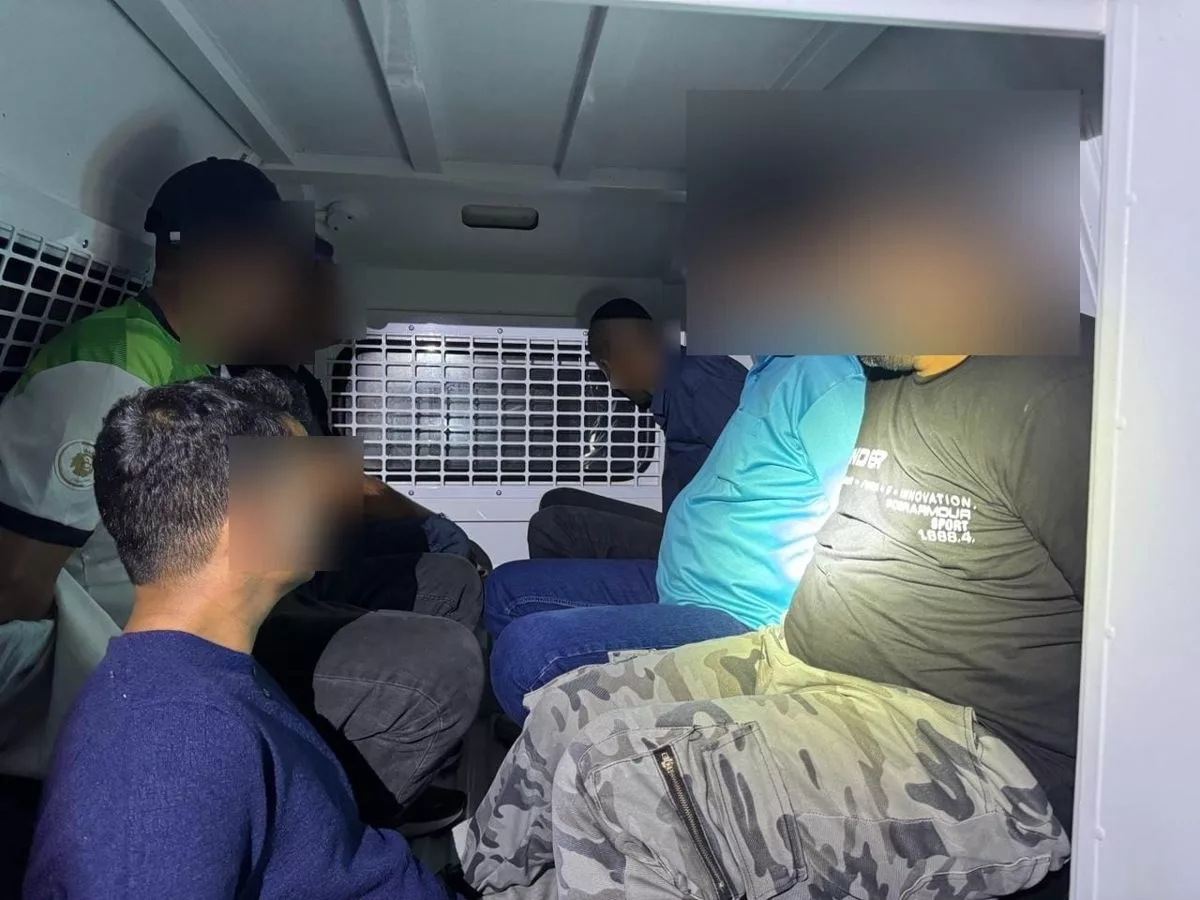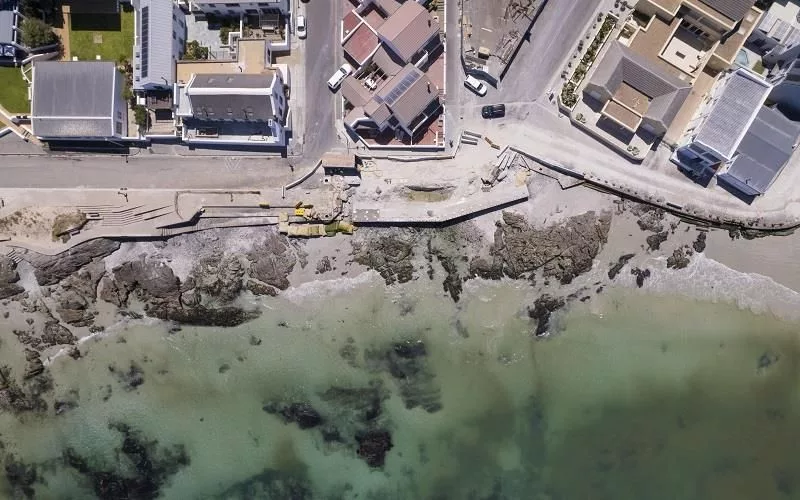The backlog in South Africa’s visa system is hindering economic growth and job creation, and President Cyril Ramaphosa must focus on revamping the system to streamline and simplify the process. This could empower companies and industry players to enhance skills development and elevate employment prospects throughout the country. In addition to visa reform, improvements at the Port of Cape Town and duty reductions in the clothing industry are also important to stimulate economic growth and job creation. Overall, decisive action, a clear vision, and a steadfast commitment to future growth are necessary for South Africa to reach its true potential.
The backlog in South Africa’s visa system is hindering economic growth and job creation. President Cyril Ramaphosa must focus on revamping the system, including the ineffective e-Visa and remote worker visa, to streamline and simplify the process. This could empower companies and industry players to enhance skills development and elevate employment prospects throughout the country.
The Visa System: An Urgent Call to Revamp
As the horizon of the State of the Nation Address (SONA) 2024 looms, President Cyril Ramaphosa is presented an imperative task. This piece dissects three critical sectors the president must concentrate on to stimulate economic expansion in South Africa: modifications to the visa system, enhancements at the [Port of Cape Town](https://capetown.today/reinvigorating-cape-town-port-through-private-sector-engagement/), and reducing tariffs in the clothing and textile industry.
In the year 2022, President Ramaphosa unveiled a plan geared towards simplifying and updating the visa application procedure. Regrettably, the situation has evolved into the polar opposite. The Department of Home Affairs is currently wrestling with approximately 75,000 pending temporary residency visas, coupled with a 44,000 pile-up of permanent residency permits.
The backlog extends beyond a mere administrative issue; it is a glaring snag in the engine of South Africa’s economy. For example, CapeBPO, a prominent player in the call centre industry, has highlighted how the sluggish visa system hinders knowledge sharing, which is pivotal for creating local jobs. A streamlined visa system could empower companies and industry players to enhance skills development, potentially elevating employment prospects throughout South Africa.
The E-Visa System: A Call for Attention and Improvement
However, it’s not only the conventional visa system that’s causing disquiet. The e-Visa system and the remote worker visa equally demand substantial attention. The e-Visa system has proven largely ineffective, and the remote worker visa, as unveiled at the previous year’s SONA, hasn’t yet come into existence.
The Department of Home Affairs is charged with the task of devising an in-depth, feasible strategy to tackle these visa system crises which are hampering growth and employment prospects.
The Port of Cape Town: An Essential Economic Asset
The Port of Cape Town, an integral lifeline for the South African economy, is in desperate need of immediate reform. The port’s role in the smooth import and export of goods is critical, playing a pivotal role in the economic wellbeing of both the city and the country.
Current issues at the port are inflicting serious economic harm. South Africa is hemorrhaging a whopping R98 million daily due to these problems. Fruit exporters have witnessed their exports decline by as much as 62%, and retailers are finding it difficult to import products and raw materials to satisfy customer needs.
Private Sector Involvement: A Potential Solution
An efficient port equates to job creation, escalated export volumes, and an enhanced status in the global market. Consequently, it’s important for the National Government to present a definitive timeline as to when the private sector can participate in the port’s administration, along with safeguards to prevent potential misuse or maladministration.
Duty Reductions: Invigorating the Clothing Industry
The third matter that President Ramaphosa needs to ponder over is further duty reductions on products utilized in clothing manufacturing. The 2021 duty reduction on imported woven fabric was a significant move in improving the industry’s cost-effectiveness.
Research conducted by the Cape Clothing and Textile Cluster reveals that the reduction has enhanced the cost competitiveness of 22 million locally-produced products. If this is extended to yarn and knitted fabric, additional duty reductions could render locally-manufactured products more globally competitive, thereby stimulating demand and employment opportunities in the South African clothing and textile industry.
Wrapping Up
In the face of economic adversities, Cape Town continues to demonstrate resilience and growth through policies that favor business, investment in infrastructure, and unwavering support for the industry. However, it is imperative for President Ramaphosa to address these central issues in the forthcoming SONA 2024 to unleash the nation’s true potential and provide relief for millions grappling with unemployment and escalating cost of living. This necessitates decisive action, a clear vision, and a steadfast commitment to the future growth of South Africa.
1. What is hindering economic growth and job creation in South Africa?
The backlog in the visa system is hindering economic growth and job creation in South Africa.
2. What does President Cyril Ramaphosa need to focus on to stimulate economic expansion?
President Cyril Ramaphosa needs to focus on revamping the visa system, improving the Port of Cape Town, and reducing tariffs in the clothing and textile industry to stimulate economic expansion.
3. How can a streamlined visa system empower companies and industry players in South Africa?
A streamlined visa system could empower companies and industry players to enhance skills development and potentially elevate employment prospects throughout South Africa.
4. What is the current state of the E-Visa system and the remote worker visa in South Africa?
The E-Visa system has proven largely ineffective, and the remote worker visa, as unveiled at the previous year’s SONA, hasn’t yet come into existence.
5. Why is the Port of Cape Town an essential economic asset in South Africa?
The Port of Cape Town is an integral lifeline for the South African economy, playing a pivotal role in the economic wellbeing of both the city and the country.
6. How can duty reductions in the clothing industry stimulate demand and employment opportunities in South Africa?
Further duty reductions on products utilized in clothing manufacturing could render locally-manufactured products more globally competitive, thereby stimulating demand and employment opportunities in the South African clothing and textile industry.












